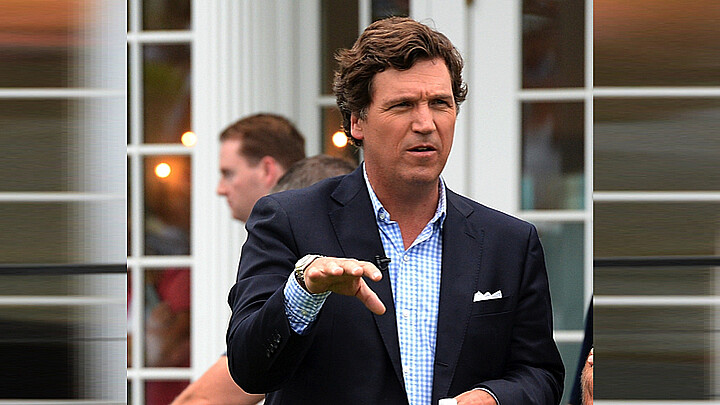Culture
Pussy Riot: Russia, not Ukraine, needs de-Nazification
Alyokhina: "I have no idea what will be the end of this reflection but without that, the country doesn't have a right to exist – like Germany after the Second World War. It’s Russia where we should have a de-Nazification, not Ukraine"
May 12, 2022 3:53pm
Updated: May 12, 2022 3:54pm
Just days after escaping Russia disguised as a food delivery worker, the leader of the anti-Putin punk band Pussy Riot said that Russia, not Ukraine, needs de-Nazification.
During a rehearsal for an anti-war concert to be held in Thursday in Berlin, Maria Alyokhina, 33, told reporters that Russians need to think carefully about the war, Reuters reported.
"I have no idea what will be the end of this reflection but without that, the country doesn't have a right to exist – like Germany after the Second World War. It’s Russia where we should have a de-Nazification, not Ukraine," she told Reuters Television.
At the show, the opposition group is expected to play a new song in protest of Putin’s illegal war against Ukriane.
"We wrote it two weeks ago. It's against the war, against the war which Putin started against Ukraine. It's our statement and it will be performed as a part of the concert," she said.
Alyokhina was under house arrest for political activism when authorities converted the rest of her sentence to 21 days in a penal colony. Soon after being released, she decided to flee Russia, disguising herself in a bright green hooded coat and a delivery backpack to evade local authorities.
“I was happy that I made it, because it was an unpredictable and big slap in the face [of] the Russian authorities,” Alyokhina told The New York Times from an apartment in the Lithuanian capital of Vilnius.
“I still don’t understand completely what I’ve done,” the feminist artist said.
Pussy Riot gained international attention when five members, including Alyokhina, staged a flashmob-style “punk prayer” inside Moscow’s Cathedral of Christ the Savior in Feb. 2012. After religious authorities deemed the exercise as “sacrilegious,” the band members were arrested and sentenced to two years in prison.
The band has since grown to about a dozen, who continued to be arrested for convert performances supporting free speech, feminism and LGBT rights – showing fierce opposition to the Kremlin and the Russian Orthodox Church.







